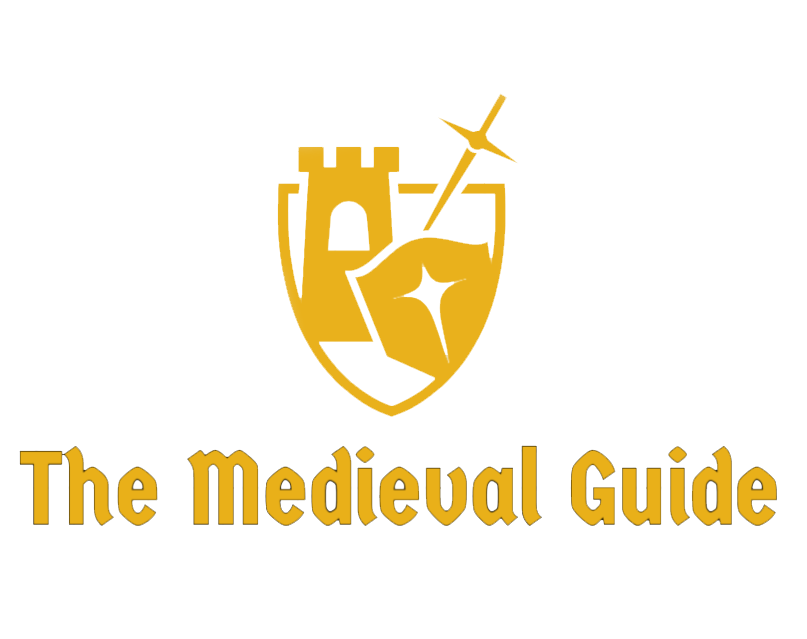Medieval lords were powerful figures who held land and exercised authority within the feudal system. They enjoyed a luxurious lifestyle marked by wealth, resources, and leisure time, and they had a variety of activities to choose from when it came to entertainment and recreation. But what did medieval lords do for fun? Let’s take a closer look.
Hunting
Hunting was a popular pastime for medieval lords, and it was often seen as a way to demonstrate skill, bravery, and nobility.
Lords and their noble guests would go on hunts, accompanied by a team of skilled hunters, beaters, and dogs, to pursue a variety of game, including deer, boar, and hare.
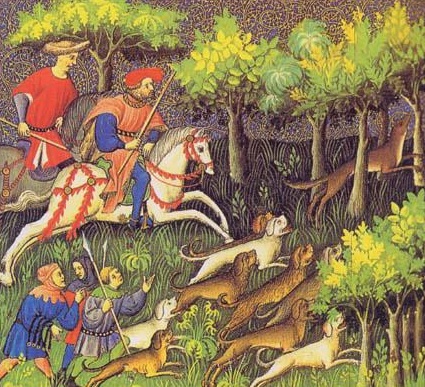
Hunting was not just a form of recreation, but it also served as a way for lords to provide food for their households and to maintain their lands.
Jousting and tournaments
Jousting and tournaments were other forms of entertainment and recreation for medieval lords, which often involved elaborate rituals and ceremonies. Jousting was a type of martial sport in which two knights on horseback charged at each other with lances, trying to knock the other off their horse.
Tournaments were larger, more formal events that involved a variety of knightly activities such as jousting, fighting on foot, and archery. They were often sponsored by lords or other nobles and were used to demonstrate skill and prowess.
Falconry
Falconry involved the training and hunting of birds of prey, including falcons, hawks, and eagles. It was considered a refined and noble activity, as it took a lot of skill, patience, and knowledge to train and hunt with these birds.
Lords often kept a variety of birds for falconry, and they would go on hunting expeditions with their birds to pursue different types of game. Falconry wasn’t just a leisure activity, but it also served as a way for lords to provide food for their households and to maintain their lands.
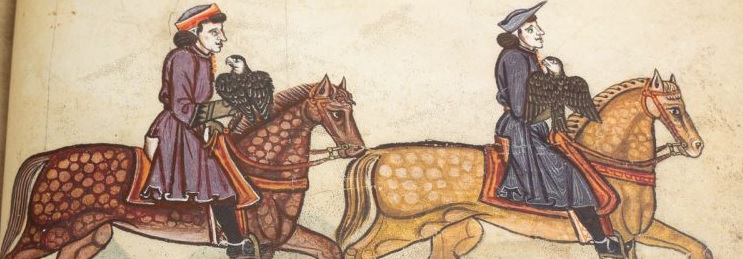
The training and hunting of birds of prey was a time-consuming and costly pursuit, but it was also a source of enjoyment and pride for many medieval nobles.
Music, poetry, and theater
Medieval lords were expected to be well-educated and well-versed in a variety of cultural pursuits, including music, poetry, and theater. Many lords were accomplished musicians and poets themselves, and they often patronized and supported these arts.
They often held musical performances, poetry readings, and theater productions at their courts. where they would invite other nobles and guests to attend.
Gambling and games
Gambling and games were also popular forms of entertainment and recreation for medieval lords. Lords often played a variety of card games, dice games, and board games, and they would often wager money or other valuables on the outcomes.
Gambling could be a risky activity, as lords could lose large sums of money if they were unlucky, but it was also a way for them to pass the time and have fun.
Feasting and banqueting
Feasting and banqueting were important parts of medieval lordly culture, and they often involved elaborate meals and celebrations. Lords would often host banquets to mark special occasions, such as weddings, coronations, or other celebrations, and they would invite other nobles and guests to attend.
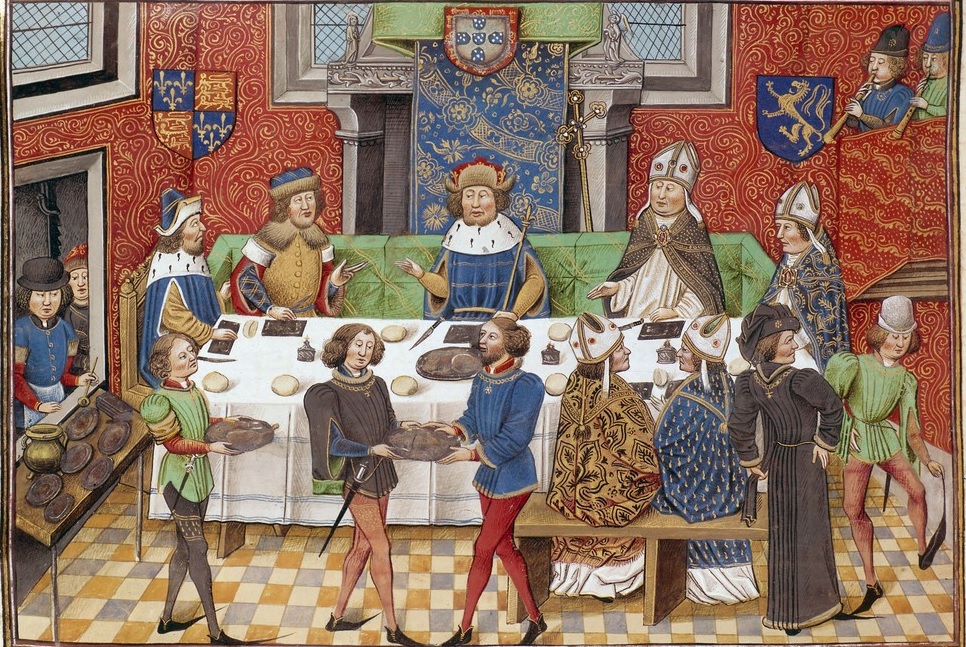
These banquets were often lavish affairs that involved multiple courses, exotic foods, and fine wine. Lords also enjoyed feasting in their daily lives, and they often employed large numbers of cooks and servers to prepare and serve their meals.
Travel and sightseeing
Medieval lords often enjoyed traveling and seeing new places, and they had the resources and leisure time to do so. Lords would often travel to other countries or regions to visit other courts, to engage in trade or diplomacy, or simply to see new sights and cultures.
Lords would also often travel within their own lands to visit their various estates and to see the sights and attractions within their domains.
Sports and physical activities
Medieval lords enjoyed participating in sports and physical activities and had a range of options to choose from. They engaged in outdoor sports like the above-mentioned hunting, falconry, and riding, or indoor activities like fencing, wrestling, and other martial arts. Another popular option was team sports like soccer and tennis, and they often had their own courts and fields for these activities.
Another interesting fact is that nobles often had trainers and coaches to help them improve their skills and prepare for competitions, and they took pride in their athletic abilities.
Gatherings and social events
Nobility did not just love to attend social events and gatherings, but they also hosted events such as parties, dances, and festivals.
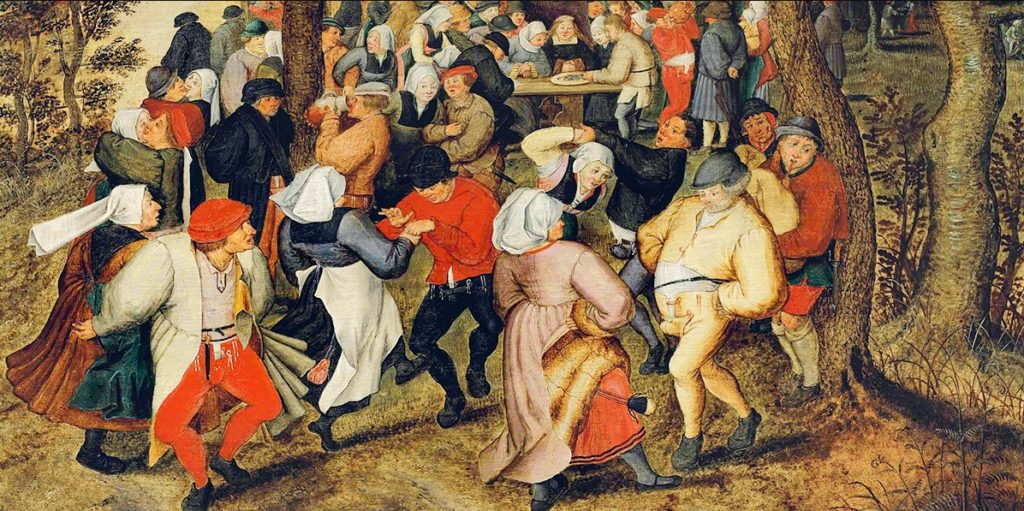
These were great ways for lords to socialize with other nobles and to show off their wealth and status. Lords also often held court, where they would hold elaborate and formal meetings, hear petitions, and conduct other business.
Related article: Medieval lords duties and responsibilities
Personal pursuits
In addition to these more organized forms of recreation, medieval lords also had time for personal pursuits and hobbies. They often enjoyed activities like as reading, writing, painting, or other creative endeavors, while sometimes choosing to pursue more solitary activities such as gardening or falconry.
Many lords were also avid collectors of art, books, and other objects – they often spent quite a bit of their free time organizing and enjoying these collections.
Conclusion
In conclusion, medieval lords had a variety of activities and pastimes to choose from when it came to entertainment and recreation. From hunting and jousting to music, poetry, and theater, lords had access to a range of options that reflected their wealth, status, and cultural interests.
While some of these activities were more formal and structured, lords also had time for personal pursuits and hobbies, and they enjoyed a luxurious and leisurely lifestyle.
